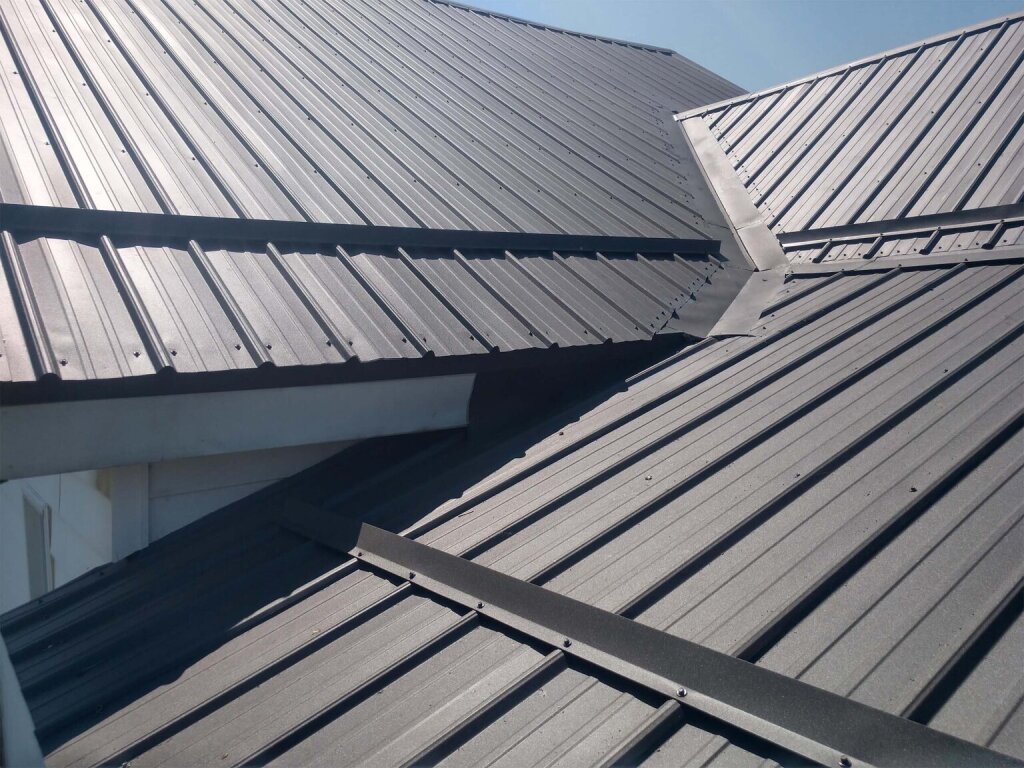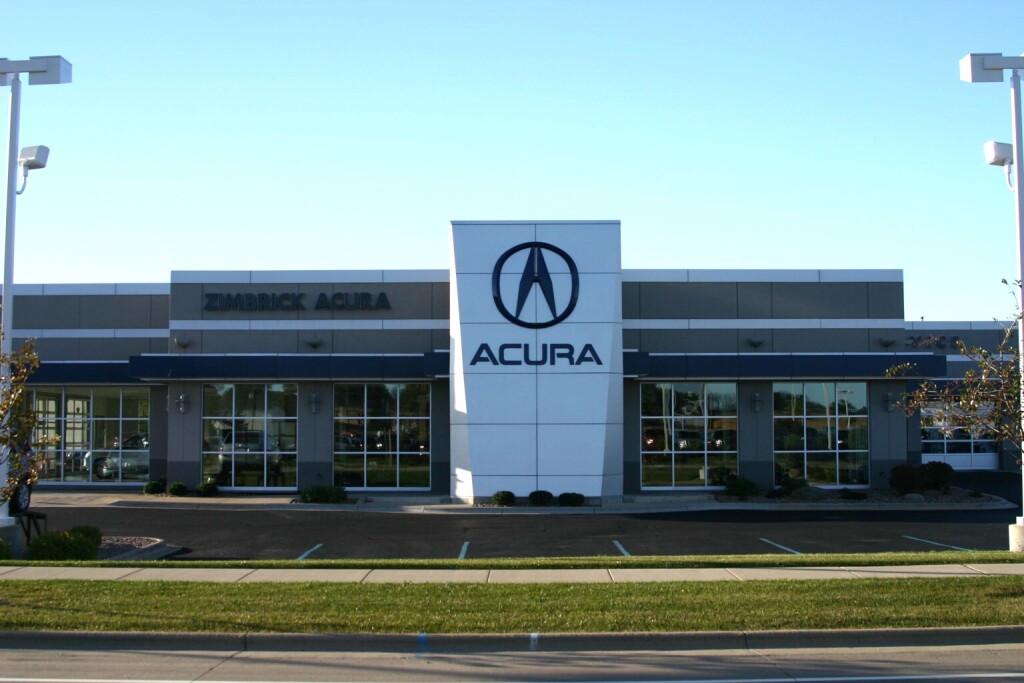Business owners and property developers seeking new commercial structures face essential decisions regarding building materials that impact everything from construction timelines to long-term operational costs. Metal construction for warehouses and office buildings has gained significant popularity due to its numerous practical advantages over traditional building methods.
Metal buildings offer a compelling combination of durability, cost-effectiveness, and flexibility, making them particularly well-suited for commercial applications. The initial investment often results in substantial savings throughout the building’s lifecycle, while modern design capabilities allow these structures to maintain their aesthetic appeal alongside their functional benefits.
Transforming Commercial Spaces Through Advanced Metal Building Systems
The commercial construction industry continues to evolve, with technological advancements enhancing the performance and versatility of metal buildings. As an experienced Office Building Construction Company, Foremost Buildings Inc. brings specialized expertise to commercial projects throughout Jefferson, Wisconsin, and surrounding areas. Their approach combines innovative design with proven construction techniques to create metal office and warehouse spaces that meet the specific operational needs of business clients while providing excellent long-term value.

Superior Construction Speed and Reduced Labor Costs
Metal building systems significantly reduce construction timelines compared to traditional building methods. The prefabricated components arrive at the job site ready for assembly, minimizing the on-site construction period and associated labor expenses.
The streamlined erection process directly reduces labor hours and shortens project timelines, resulting in cost savings. This efficiency proves particularly valuable for business owners facing tight operational deadlines or looking to minimize disruption to existing operations. Foremost Buildings Inc. leverages these efficiencies through well-coordinated construction sequencing that maximizes productivity while maintaining quality standards throughout the building process.
Flexible Design Capabilities for Modern Business Needs
Contemporary metal building systems offer remarkable design flexibility, accommodating the specific operational requirements of diverse businesses. Clear-span construction eliminates the need for interior support columns, creating wide-open spaces ideal for warehousing, manufacturing, or adaptable office layouts.
The modular nature of metal buildings also facilitates future expansion as business needs evolve. Wall systems can be designed for easy removal and building extensions without compromising structural integrity. This adaptability proves valuable for growing companies that anticipate changing spatial requirements but want to avoid the costs and disruption associated with relocating to more extensive facilities.
Energy Efficiency and Reduced Operating Costs
Modern metal buildings incorporate advanced insulation systems and energy-efficient design features that significantly reduce heating and cooling expenses. Metal roofing’s reflective properties help minimize solar heat gain during the summer months, while proper insulation prevents heat loss during Wisconsin winters.
These energy-saving characteristics translate to measurable reductions in utility costs throughout the building’s operational life. The tight building envelope achievable with metal construction minimizes air leakage that impacts temperature control. For businesses with climate-sensitive operations or those seeking to reduce their environmental footprint, these efficiency advantages represent a compelling reason to choose metal construction.
Fire Safety Advantages for Commercial Operations
Steel’s non-combustible nature provides inherent fire resistance that enhances safety for both building occupants and business assets. This characteristic can positively impact insurance premiums and may simplify compliance with fire safety regulations applicable to commercial structures.
Metal buildings’ fire-resistant properties provide crucial additional time for evacuation during emergencies. For warehouse facilities storing valuable inventory or manufacturing operations with specialized equipment, this protection offers tangible benefits beyond regulatory compliance. The peace of mind that comes with enhanced fire safety represents a significant, though often overlooked, advantage of metal construction for commercial applications.

Conclusion
Metal construction offers compelling advantages for warehouse and office buildings that extend far beyond initial cost considerations. The combination of construction efficiency, structural performance, energy savings, and long-term value creates a strong business case for choosing metal building systems for commercial applications.
Forward-thinking business owners recognize that building decisions impact operational success for decades to come. By selecting metal construction for commercial facilities, companies position themselves to benefit from reduced maintenance requirements, enhanced adaptability, and superior durability throughout the building lifecycle. These advantages translate to tangible competitive benefits in an increasingly challenging business environment. Contact us today to schedule your consultation and discover how our expertise can elevate your business.
FAQ’s
What is the typical lifespan of a metal warehouse or office building?
Properly constructed metal commercial buildings typically last 40 to 50 years with standard maintenance. However, many structures exceed this timeline when built with quality materials and protected from extreme environmental conditions. Galvanized or specially coated steel components resist corrosion and structural deterioration, which often affect traditional building materials within shorter timeframes.
Are metal buildings suitable for Wisconsin winters?
Yes, metal buildings perform exceptionally well in Wisconsin’s climate when designed adequately for local conditions. Engineered metal structures accommodate appropriate snow load requirements and resist wind forces that are common in the region. Quality insulation systems prevent condensation issues and maintain comfortable interior environments despite extreme temperature variations throughout the seasons.
Can metal buildings be customized for specific business operations?
Metal buildings offer extensive customization capabilities for diverse commercial applications. From specialized door configurations for warehouse logistics to interior layouts optimized for particular workflows, metal building systems adapt to specific operational needs. The precise span capabilities prove particularly valuable for businesses requiring flexible interior spaces without columns or other structural obstructions.
How do metal buildings compare to traditional construction in terms of insurance costs?
Many businesses experience lower insurance premiums with metal buildings due to their superior fire resistance and structural performance during severe weather events. Steel’s non-combustible nature reduces fire risk, while engineered metal structures better withstand high winds and other environmental challenges. These performance characteristics often translate to favorable risk assessments from insurance providers.
What are the environmental benefits of choosing metal construction?
Metal construction offers several environmental advantages, including high recycled content in structural steel, reduced construction waste through precise factory fabrication, superior energy efficiency when adequately insulated, and complete recyclability at the end of the building’s useful life. These characteristics align with corporate sustainability initiatives and can contribute to green building certification programs.

